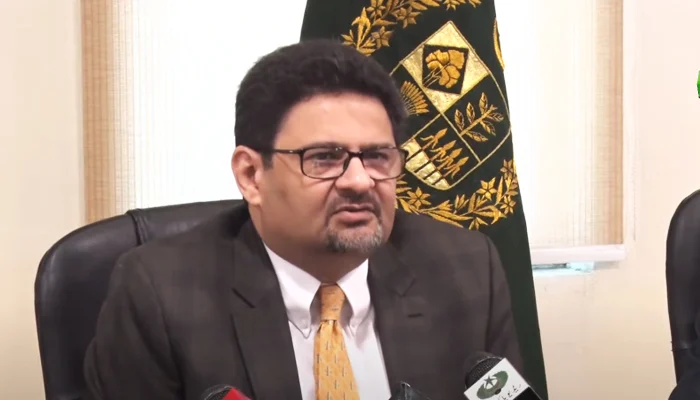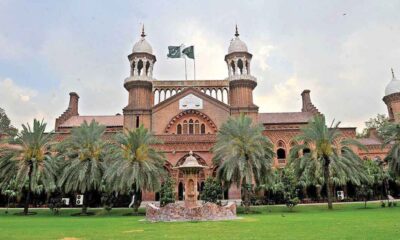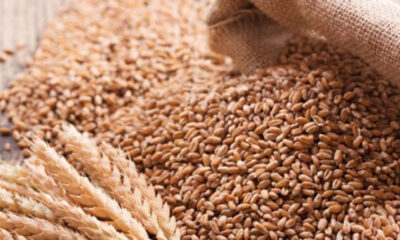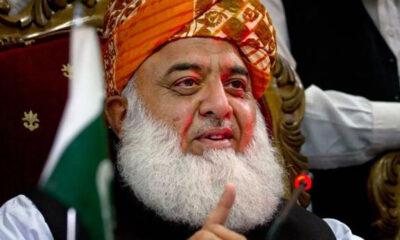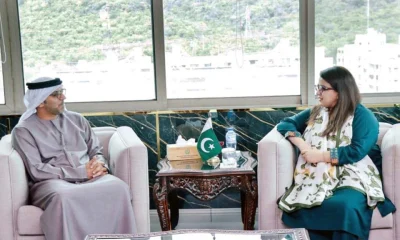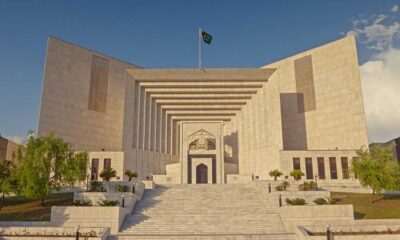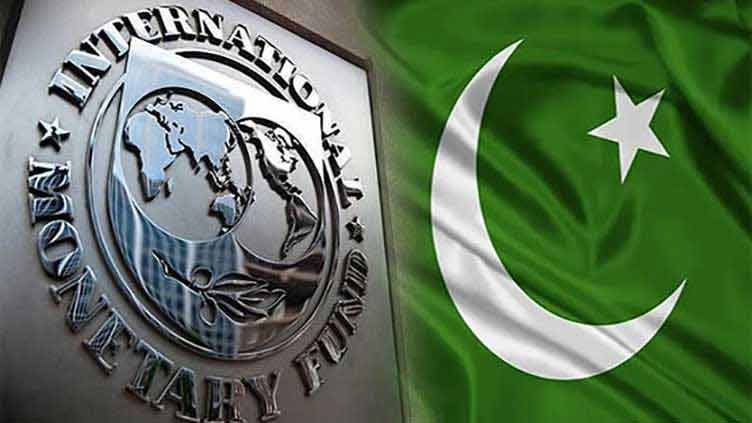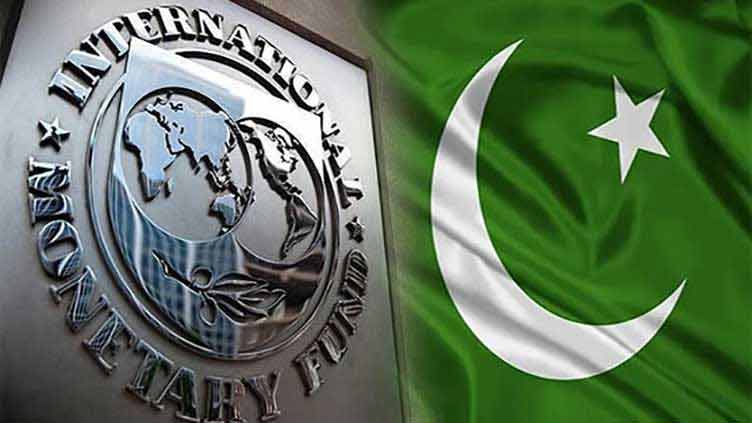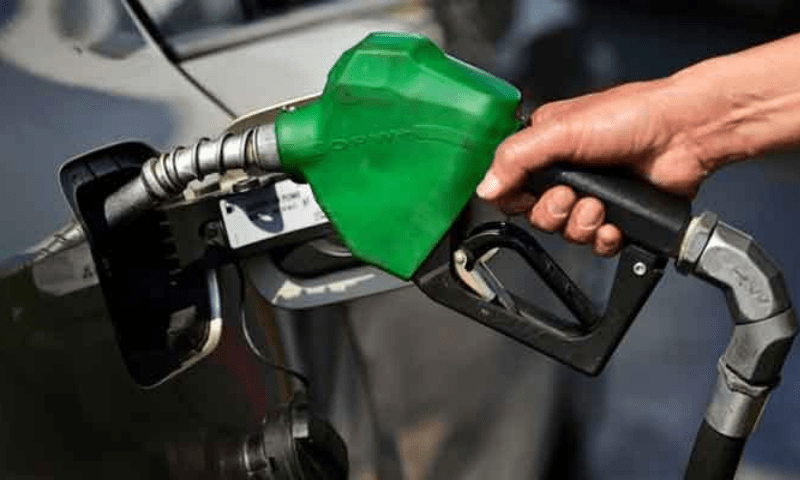- Miftah Ismail says requested IMF to provide $2 billion additional funds.
- Country expects around $5 billion from Fund, finance minister says.
- Households not registered with BISP can message CNIC on 786, he says.
ISLAMABAD: Finance Minister Miftah Ismail assured Saturday the government would reach the staff-level agreement with the International Monetary Fund (IMF) by next month — June.
Hopes of the IMF programme’s revival rose Thursday after the federal government decided to raise the price of petroleum products by Rs30 as the Fund did not resume the programme due to the subsidies provided on oil and power.
Miftah, addressing a press conference alongside Minister of State for Finance Ayesha Ghous Pasha, said the funds — under the Extended Fund Facility (EFF) — would be released after final approval by the IMF board.
The minister said that Pakistan has requested the Fund — which has to provide $3 billion — to extend the program by one year and provide an additional $2 billion.
If the international money lender agrees to provide Pakistan with the additional amount, the country expects around $5 billion from the Fund, the finance minister said.
He said that the IMF programme was important not just because the country gets money from the Fund, but it plays an important role in opening ways for getting additional funds from other multilateral organisations — like World Bank and Asian Development Bank.
The finance minister said once the Fund releases the latest tranche, Pakistan would get money from multilateral organisations, noting that around $8.9 billion were already in pipeline from World Bank.
Minister defends petrol price hike
The minister justified the increase in petrol prices, saying that no doubt it would increase inflation, but if the hike had not been done, it would lead to sky-rocketing inflation as the burden would fall on the government and resultantly, it would devaluation of rupee further.
He said after increasing the prices of petrol, not only rupee was strengthened against the dollar by around 2.5, but the stock market also moved positively.
The minister said the government intended to provide relief to the poor against the inflationary pressure, which was created due to the “incompetency” of the previous government.
He said the government would try its best to provide maximum relief to the poor of the country.
He added that Saudi Arabia has already announced the extension of its $3 billion deposits to Pakistan and hinted that some more support was expected from that country the details of which would be shared in July.
The relief programme’s details
Giving details about the PM’s relief package, the minister said that the ‘Sasta Petrol and Sasta Diesel’ scheme would benefit around one-third population of the country by providing cash to 14 million households (84 million people).
Disbursement of Rs2,000 to each household would start from June, bringing the total relief amount to Rs28 billion in June. He said around 7.3 million recipients were already registered with Benazir Income Support Program (BISP).
He said the BISP participants would be provided immediate relief or Rs2,000, whereas women heads of those households who are not registered should message their CNIC on 786 for registration for the program.
The finance minister shared that households having an income of less than Rs40,000 would be eligible for the relief. He said the relief scheme would be incorporated into the federal budget for the fiscal year 2022-23.
To a question on privatisation, the minister said there was no talk on privatisation with IMF this time.
However, he added, the country needed to privatise certain entities, including Discos and power companies for its own interest to reduce the burden on the national exchequer.

 Latest News2 days ago
Latest News2 days ago
 Latest News3 days ago
Latest News3 days ago
 Latest News3 days ago
Latest News3 days ago
 Latest News3 days ago
Latest News3 days ago
 Latest News3 days ago
Latest News3 days ago
 Business3 days ago
Business3 days ago
 Latest News3 days ago
Latest News3 days ago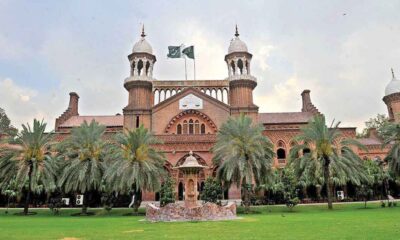
 Latest News3 days ago
Latest News3 days ago
